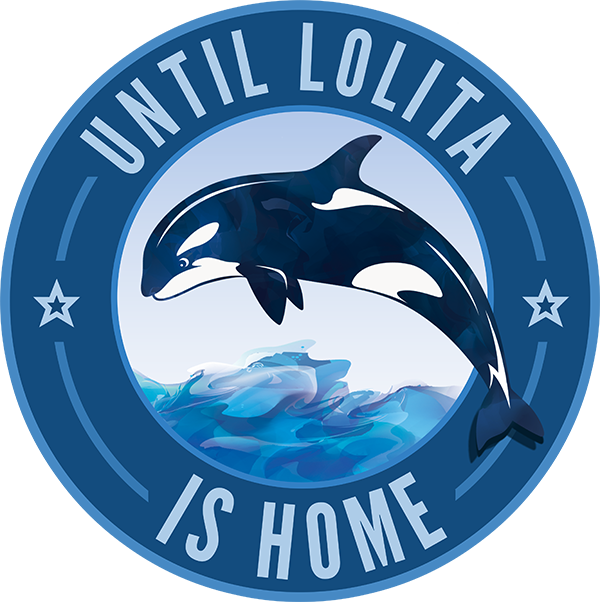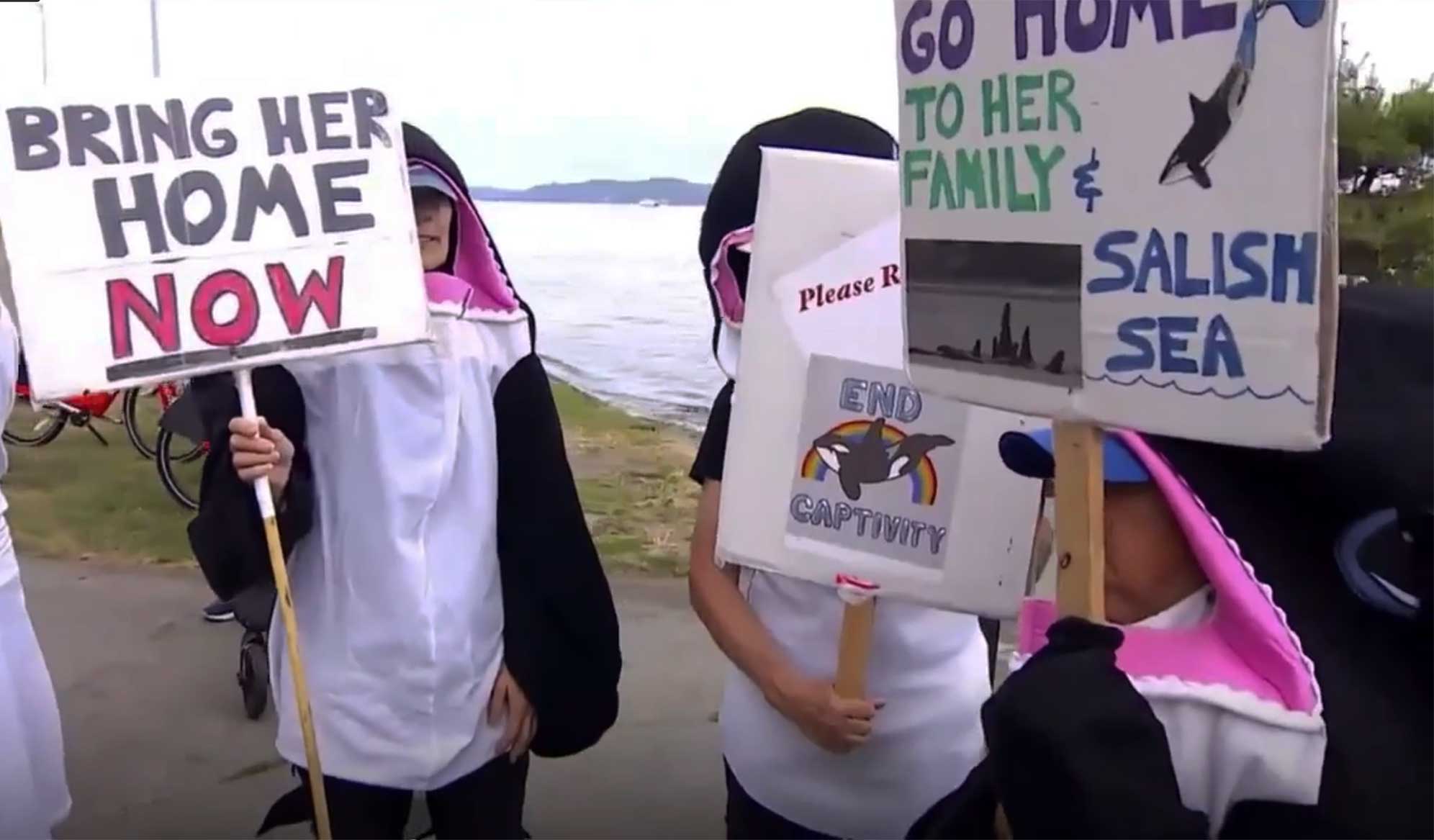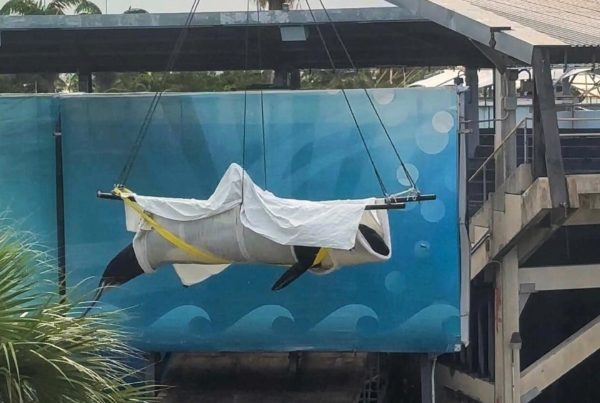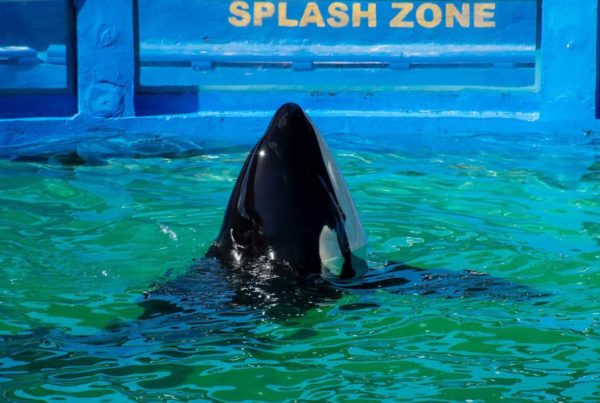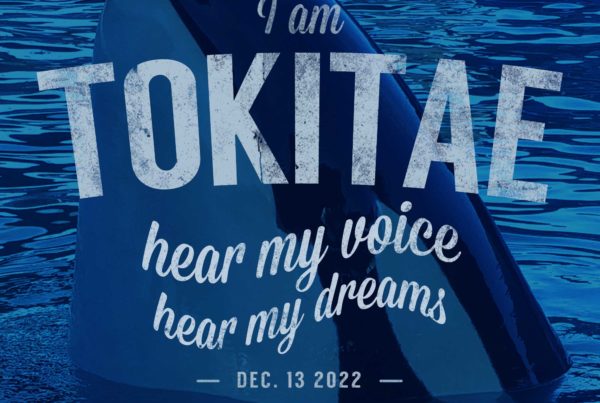Lummi Tribal members may sue a Florida theme park to bring a captive orca named Lolita home.
Lolita was taken from the Puget Sound in 1970 and now lives at the Miami Seaquarium in Florida. But, members of the Native American tribe want her back home.
“She is my relative, our word for orca is qwe ‘lhol ‘mechen, which means our relation under the waves. She’s like a daughter to me,” said Squil-le-he-le (Raynell Morris), a Lummi elder. “It hurts my heart that she’s been kept away from us and from her pod for so long. She needs to be back home, with family.”
Two members of the Lummi Tribe in Bellingham plan to file a lawsuit against the theme park if she isn’t “set free.”
Demonstrators gathered in West Seattle to bring Lolita back home, too.
Melinda Barajas is confident about this suit because of the surrounding support.
“I think we have a really good chance with the Lummi Nation and with all the other organizations and tribes that are going to back the lawsuit as well,” she said.
But, Miami Seaquarium doesn’t see her return as a good thing.
In a previous interview, Lolita’s trainer says putting tokitae (the name the Tribal community has given) back in the water could harm her whale pod.
KOMO News spoke with Kenneth Balcomb, the founder of the Center for Whale Research, and he says despite Lolita being about 50 years old, bringing her back to the northwest wouldn’t be harmful for her health.
“If she were sold to another park, they wouldn’t hesitate to ship her,” he said.
Members of the Lummi Tribe say this is just a letter of intent to sue. They’re hoping to sit down with Miami Seaquarium to find a solution.
KOMO News reached out to Miami Seaquarium to get their thoughts on these demonstrations and potential litigation. No one has called back yet.
“We’re letting these corporations know that we’re serious,” Tah-mahs (Ellie Kinley) said. “It’s wrong for them to be holding a living artifact that is so culturally and spiritually important to us. What happens to qwe ‘lhol ‘mechen happens to us. When they’re whole, we’re whole. She needs her family and her family needs her.”
The Native American Graves Protection and Repatriation Act (NAGPRA) gives legal grounds for the suit.
“We’ve vetted this suit with NAGPRA experts,” Dr. Kurt Russo said. “NAGRPRA is about cultural patrimony. This is not just about a single killer whale and two people, it’s about an essential sense of belonging that cannot be adequately expressed in legal language.”
– Nick Popham | KOMO News
